🌿 What is Maruthani Powder (Lawsonia inermis)?
Maruthani, commonly known as Henna, is a cherished botanical used for centuries in traditional Indian medicine and cultural rituals. It is highly regarded in Siddha, Ayurveda, and Unani systems for its cooling, antimicrobial, and skin-rejuvenating properties. Traditionally applied for hair coloring, wound healing, and skin ailments, it is also known for its role in detoxifying the body and enhancing hair and scalp health.
🌱 Description of Maruthani Plant
Botanical Name: Lawsonia inermis
Family: Lythraceae
Plant Type: Shrubby or small perennial tree
Height: Typically grows up to 2–6 meters (6–20 feet)
Leaves: Oval to lance-shaped green leaves that yield a reddish-orange dye when crushed
Flowers: Small, fragrant, white or pinkish flowers in clusters
Roots: Fibrous roots with mild medicinal attributes
🌍 Habitat of Maruthani
Maruthani is native to North Africa and Western Asia but is widely cultivated in India, particularly in Tamil Nadu, Gujarat, and Rajasthan. It thrives in hot, arid, and semi-arid climates and prefers well-drained sandy or loamy soils. Often grown in home gardens and herbal farms, it flourishes in areas with full sunlight and minimal rainfall.
🌟 Medicinal Properties of Maruthani Powder
Maruthani offers a range of therapeutic benefits:
Liver Health: Traditionally believed to help in mild detoxification and purifying the blood through external applications.
Hair Growth: Strengthens roots, reduces dandruff, cools the scalp, and naturally conditions and colors hair.
Blood Purification: Acts as a mild detoxifying agent in external treatments, supporting skin clarity and health.
Anti-inflammatory: Helps reduce swelling, skin irritation, and joint inflammation in topical applications.
Skin Health: Aids in treating wounds, burns, eczema, ringworm, and other skin ailments due to its antimicrobial and healing properties.
🧪 Active Compounds in Maruthani
The medicinal and cosmetic properties of Maruthani Powder stem from its potent phytochemical content:
Lawsone: A reddish-orange dye molecule responsible for its coloring properties, also known for antifungal and antibacterial effects.
Tannins: Provide astringent and wound-healing effects, useful in treating cuts and sores.
Flavonoids: Offer antioxidant protection to skin and hair, reducing cellular damage.
Gallic Acid & Coumarins: Contribute to anti-inflammatory and antimicrobial benefits.
🍵 Usage and Dosage
Maruthani Powder is mainly used topically, but internal uses exist in traditional medicine under expert guidance:
Powder: Mix 5–10 grams with warm water or herbal decoctions. Apply to scalp, hair, or skin as needed. Leave for 30–60 minutes before washing off.
Paste: Blend powder with lemon juice, rose water, or curd for improved dye release and therapeutic effect.
Hair Pack: Combine with amla or fenugreek powder for enhanced scalp nourishment and hair conditioning.
Note: Internal use is rare and only under professional supervision. Avoid ingestion unless recommended by a qualified practitioner.
⚠️ Precautions
Pregnancy and Lactation: Avoid internal use unless supervised. External use is generally safe.
Allergies: Perform a patch test before use. Some individuals may develop skin irritation or contact dermatitis.
Black Henna Warning: Avoid adulterated “black henna” products containing harmful chemicals like PPD.
Synthetic Additives: Ensure the powder is free from artificial dyes and preservatives.
🌿 Organic and Ethical Considerations
Purity: Ensure Maruthani is 100% pure, without chemical additives, artificial colorants, or preservatives.
Sourcing: Choose organically cultivated and ethically harvested henna leaves for the best quality and environmental sustainability.
Certifications: Look for certified organic Maruthani Powder to guarantee non-toxic processing and eco-friendly farming practices.


 SCIENTIFICALLY TESTED & COMPLETELY SAFE. SUITABLE FOR VEGETARIANS. NOT TESTED ON ANIMALS/NO ANIMAL INGREDIENTS. NO KNOWN SIDE EFFECTS. COMPLETELY SAFE. NON-TOXIC. FREE FROM HEAVY METALS
SCIENTIFICALLY TESTED & COMPLETELY SAFE. SUITABLE FOR VEGETARIANS. NOT TESTED ON ANIMALS/NO ANIMAL INGREDIENTS. NO KNOWN SIDE EFFECTS. COMPLETELY SAFE. NON-TOXIC. FREE FROM HEAVY METALS 

 The Food and Drug Administration has not evaluated these Statements. This product is classified as an “Herbal Food Supplement” and is not designed to diagnose, treat, cure, or prevent any disease. If you have any underlying health conditions, please consult a healthcare professional before using this product
The Food and Drug Administration has not evaluated these Statements. This product is classified as an “Herbal Food Supplement” and is not designed to diagnose, treat, cure, or prevent any disease. If you have any underlying health conditions, please consult a healthcare professional before using this product 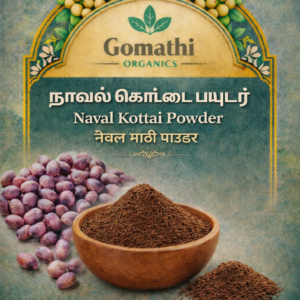
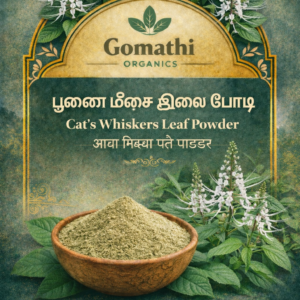
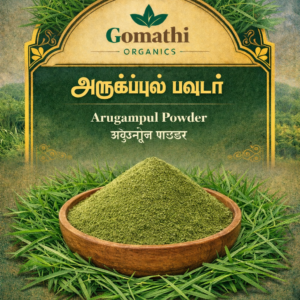

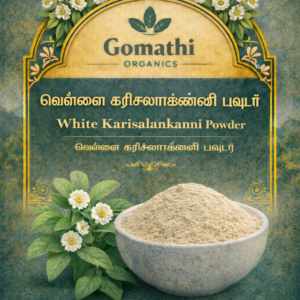
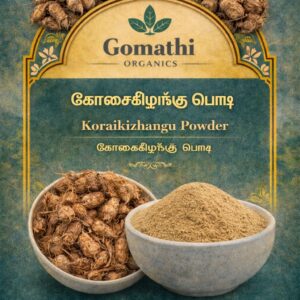
Reviews
There are no reviews yet.